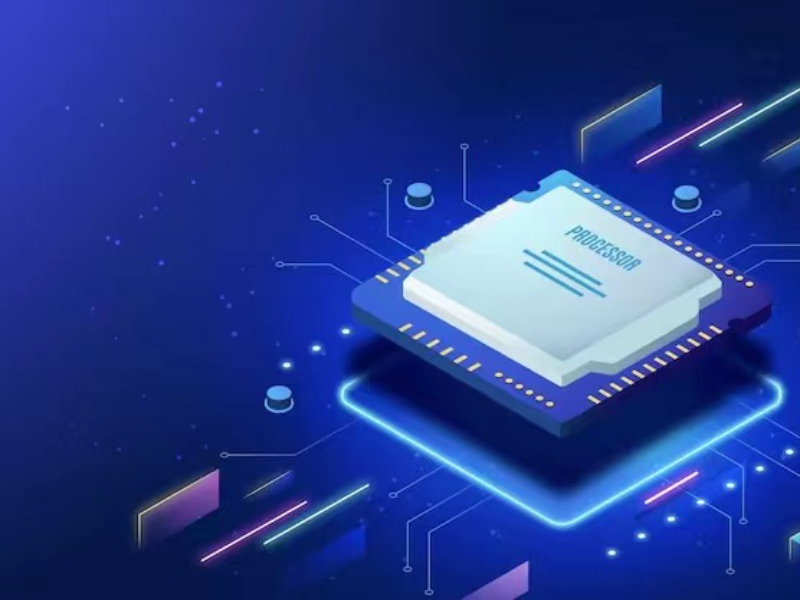- Samsung Electronics announced its first order for 2-nanometre chip manufacturing from the Japanese AI company Preferred Networks (PFN).
- This development signifies a major milestone for Samsung Foundry, highlighting its competitive edge in the chip manufacturing industry.
OUR TAKE
The successful deal of Samsung in its innovative product, the 2-nanometre chip, highlights the advancement in chip service and its breakthrough in the technical path. As one of the giants in the chip sector, Samsung’s first 2 nm chip order shows its ability to innovate, thus improving its competitiveness.
–Ashley Wang, BTW reporter
What Happened
Samsung Electronics announced that it has secured its first order for 2-nanometre (nm) chip manufacturing from the Japanese AI company Preferred Networks (PFN) on Tuesday. Although the size of the order isn’t disclosed, this landmark deal will see Samsung employing its cutting-edge 2nm foundry process and advanced chip packaging service to produce AI chips for PFN.
Early in 2021, Choi Siyoung, the head of the Samsung Foundry business unit, had predicted the mass production of chips using its 2 nm fabrication process would begin in the second half of 2025. The deal with PFN seems to validate the prediction.
Designed by South Korea’s Gaonchips, these chips will utilise advanced gate-all-around (GAA) architecture and will be integrated into a single package to enhance interconnection speed and reduce size. the chips will support PFN’s high-performance computing hardware, focusing on generative AI technologies such as Large Language Models (LLM).
Also read: Bixby: A look at Samsung’s voice assistant
Also read: How Nvidia dominates the AI chip market
Why it’s Important
This development marks a significant milestone for Samsung Foundry, as it is the first publicly revealed order for its advanced 2nm chip processing. The announcement underscores Samsung’s ongoing efforts to compete with industry leaders like Intel and TSMC in the highly competitive chip manufacturing sector.
Considering PFN’s long-standing collaboration with TSMC since 2016, PFN’s decision to switch from TSMC to Samsung Foundry represents Samsung’s initial stage victory. This switch indicates confidence in Samsung’s comprehensive chip manufacturing capabilities, which include design, optimisation, and packaging services.
The importance of this deal extends far beyond the immediate business implications, signalling a potential shift in the competitive landscape of the semiconductor industry. The successful implementation of the 2nm process could attract more clients and investors to Samsung Foundry. Additionally, the deal highlights the growing demand for advanced AI chips, reflecting the increasing reliance on high-performance computing for AI applications.

